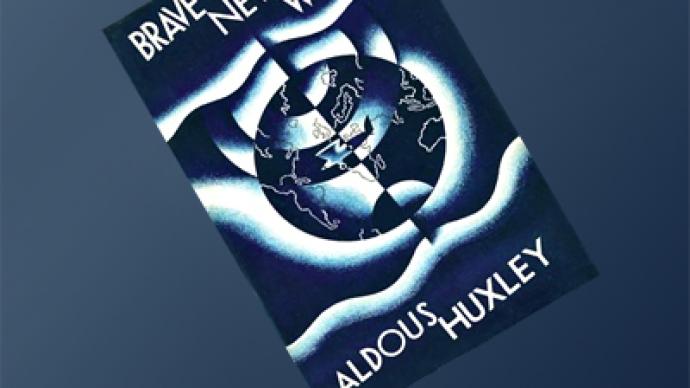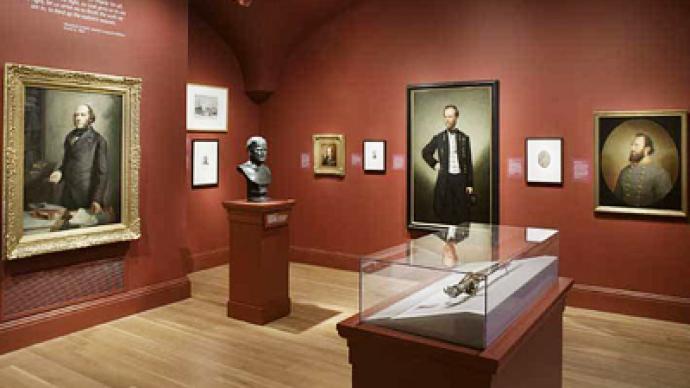Aldous Huxley’s iconic “Brave New World” has made the list of the most banned books in America, even 80 years after its release.
Huxley’s 1932 novel of a futuristic dystopia continues to raise eyebrows nearly 80 years after the English author released it. The American Library Association (ALA) has placed the piece of work towards the top of its list of the Most Frequently Challenged Books of 2010.The annual list was released on Monday as part of the ALA’s State of America’s Libraries Report, and "Brave New World" earned itself the number three item on the chart, a position it achieved through repeated reproach of its alleged use of insensitivity, offensive language, racism and sexually explicit content. In a statement released from ALA, Office for Intellectual Freedom Director Barbara Jones says, “While we firmly support the right of every reader to choose or reject a book for themselves or their families, those objecting to a particular book should not be given the power to restrict other readers’ right to access and read that book.” Jones adds that, “As members of a pluralistic and complex society, we must have free access to a diverse range of viewpoints on the human condition in order to foster critical thinking and understanding. We must protect one of the most precious of our fundamental rights – the freedom to read.” While “Brave New World” might be arguably the most classic piece of literature on this year’s list, it failed to collect the most complaints. Peter Parnell and Justin Richardson’s award-winning 2005 children’s book about two male penguins and their adopted chick, "And Tango Makes Three," wound up in first place for its alleged encouragement of homosexuality and its religious viewpoint. A masturbation scene found Sherman Alexie's “The Absolutely True Diary of a Part-Time Indian” helped earn that young adult novel second place on this year’s list; the book was the recipient of a National Book Award in 2007.While the ten books topple this year’s list due to accusations of violence, drug use, sexism and more, the number of complaints tallied by the ALA is down this year. The Association says they we received only 348 reports of efforts to remove books in 2010, more than one hundred fewer than they received the year prior.



